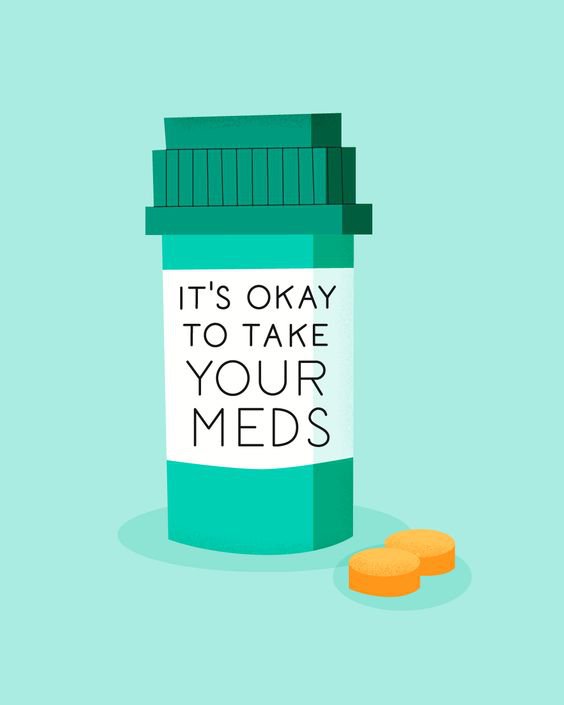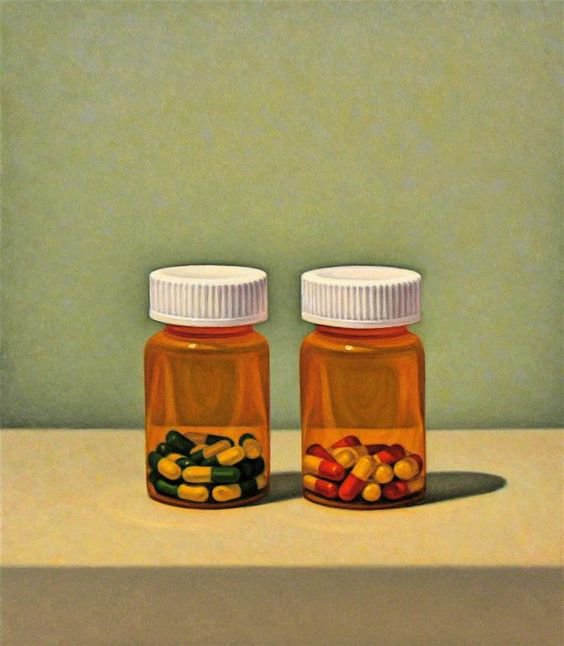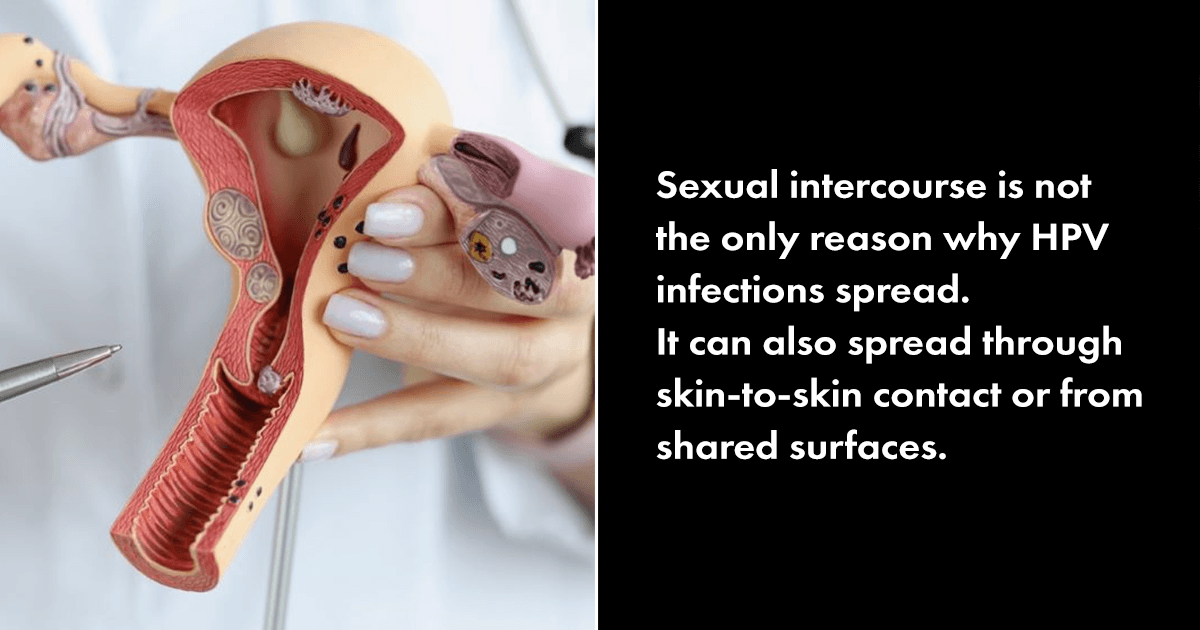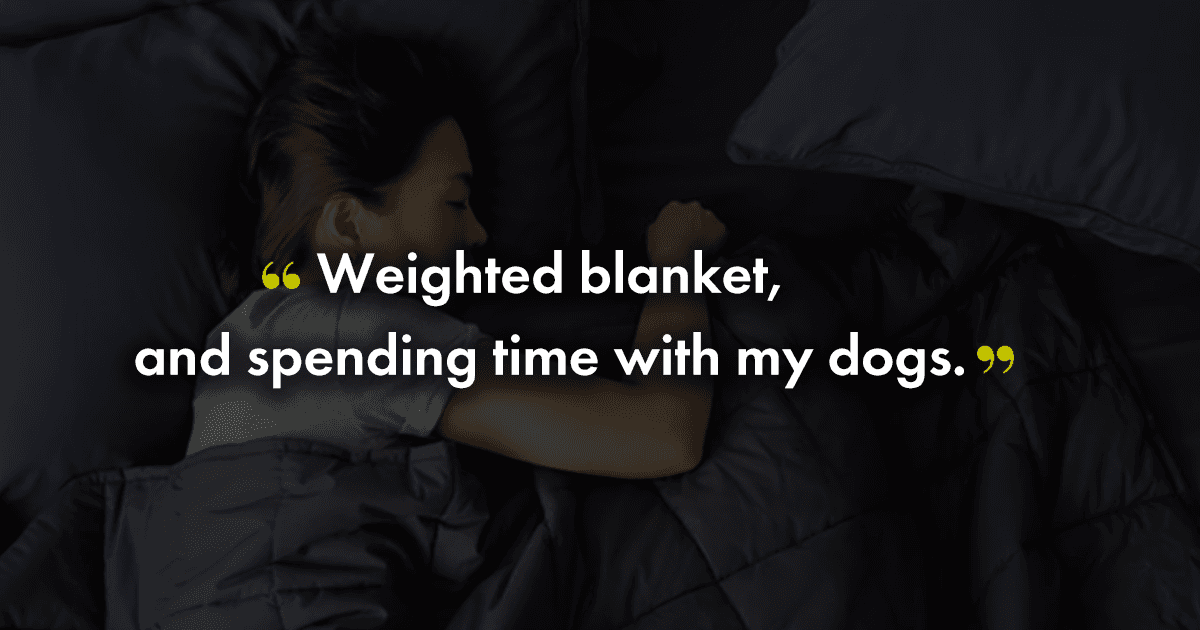Mental health is such an important aspect of well-being. It is overlooked way too often, especially in our country. Our culture still largely propagates negative approaches and perspectives towards mental health. One thing that can spark change and induce momentum in terms of a solution is educating yourself on how mental illnesses work.
So, why don’t we take a look at how a mental illness such as depression impacts our brain. First things first, depression is a mental illness defined primarily as a mood disorder with symptoms such as feelings of sadness, loss, or anger. There are several different types of depressions, with different kinds of symptoms.
Oftentimes, symptoms of depression can be alleviated by taking therapy by mental health professionals. But, many times, drugs and medications are required to manage the symptoms and the chemical imbalance in the brain causing the symptoms. But what happens to the brain when you are depressed? Let’s take a look.

1. Brain size
When you’re stressed (which can very much include periods of depression), a part of the brain called the hippocampus releases a hormone known as cortisol. Over time, the compilation of cortisol ends up slowing down the growth of neurons in the hippocampus. Which in turn causes that specific area of the brain to physically shrink.
But simultaneously, the production of cortisol also causes the amygdala to grow in size. The amygdala is the part of the brain that is responsible emotional responses. And when it becomes larger, it also becomes more active and that can cause disturbance in sleep patterns and change in other hormones.
2. Brain inflammation
Research says that people with depression have more inflammation in the brain. Brain inflammation can cause depression to worsen, it can interfere with neurotransmitters that regulate our moods, and impact learning and memory negatively.

3. Oxygen supply
Reduction in the oxygen supply to the brain, also known as hypoxia is linked to depression. If the oxygen supply to the brain decreases, it can cause brain injury, brain inflammation and the death of brain cells. Reduced oxygen levels is often found in people suffering from bipolar disorder and depression.
4. Structural changes
Depression can also cause structural and connective changes in the brain. For instance, since depression leads to a dysfunctionality in the hippocampus, it can further cause memory impairment. And, a dysfunction in the prefrontal cortex of the brain can hinder a person’s ability to get things done, or execute day-to-day tasks.
Treatments for depression include taking medicines such as anti-depressants and/or getting cognitive behavioural therapy. But the first step is to reach out and ask for help. Or if you know someone who you think is suffering, then try and hold a conversation with them to suggest them getting professional help. Working out and exercising also supports a healthy brain chemistry, but it’s best to seek professional help instead of self-diagnosing what you require.
Hope this helped, and remember to always reach out. You don’t have to get through your mental illnesses alone, you deserve support.

















